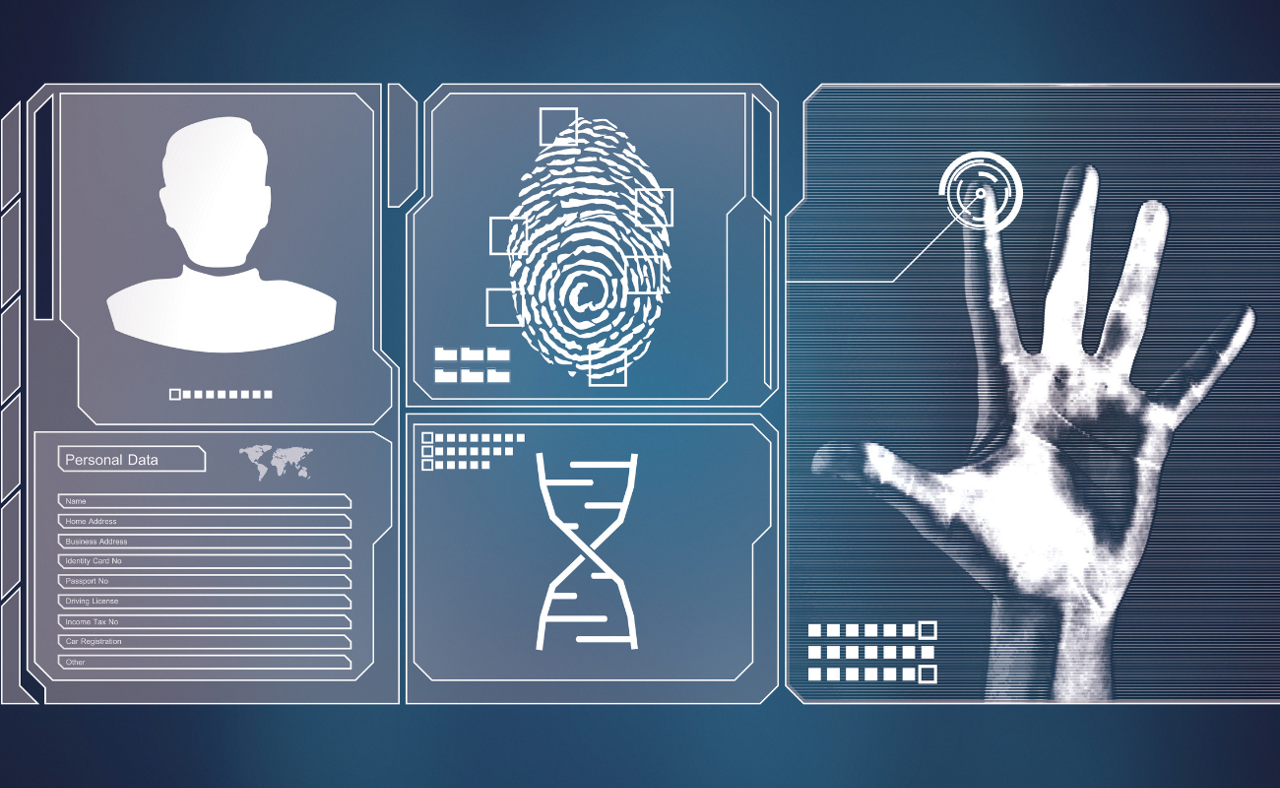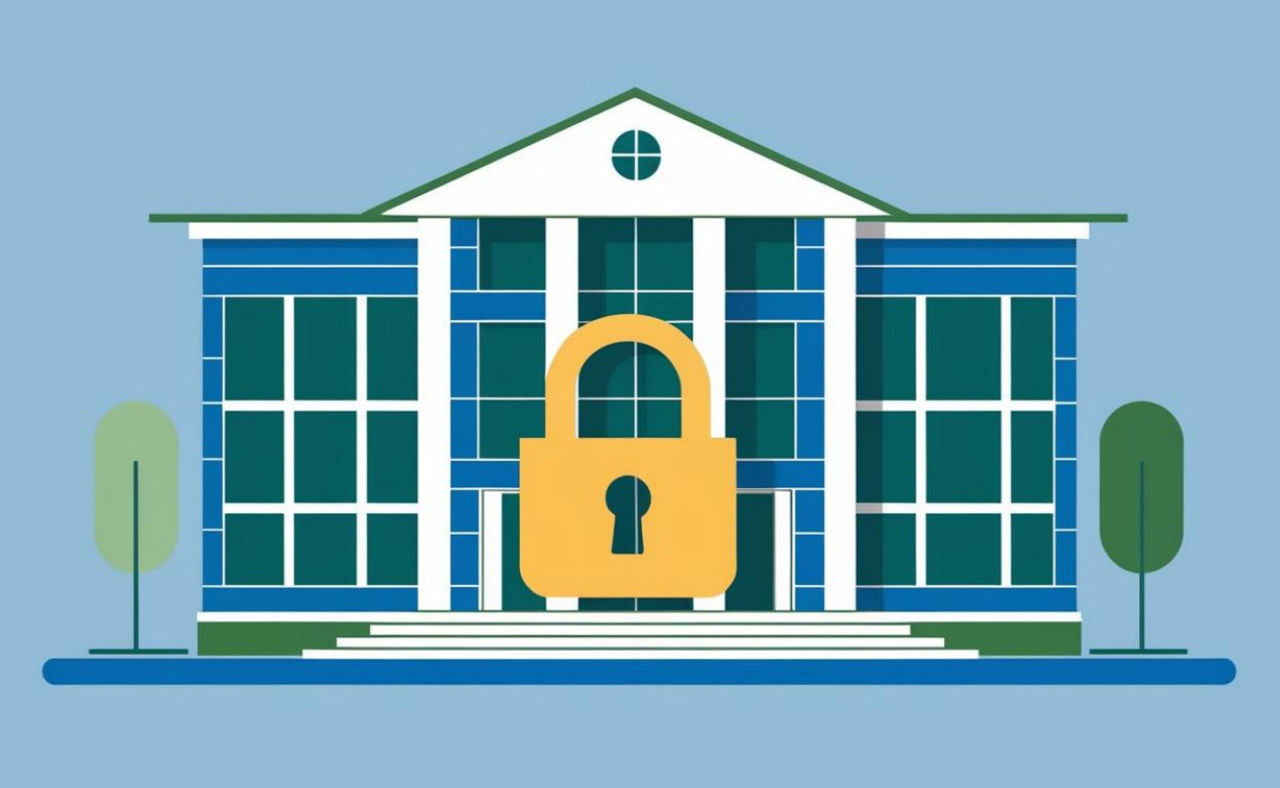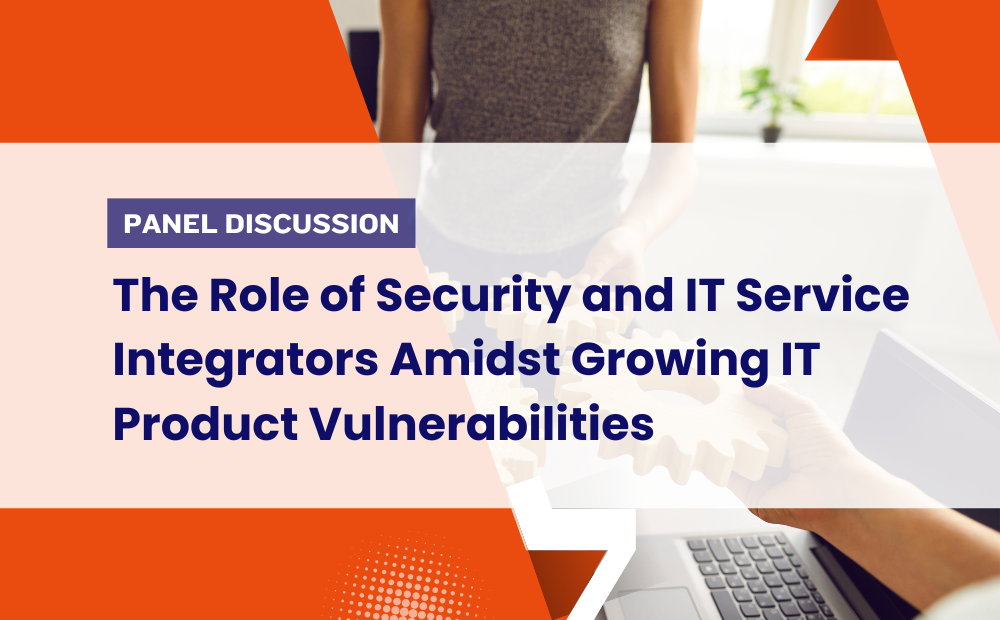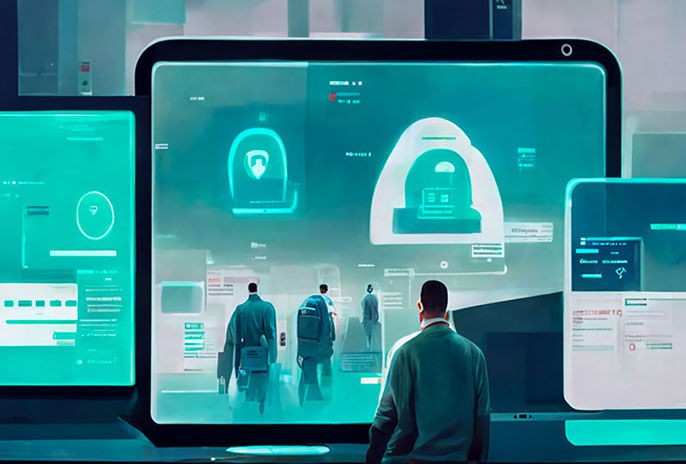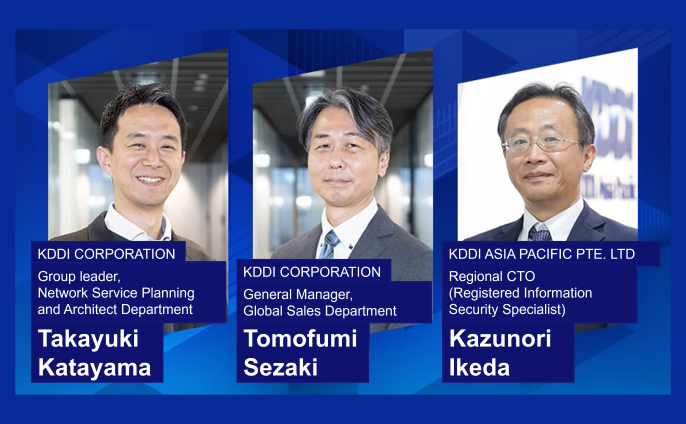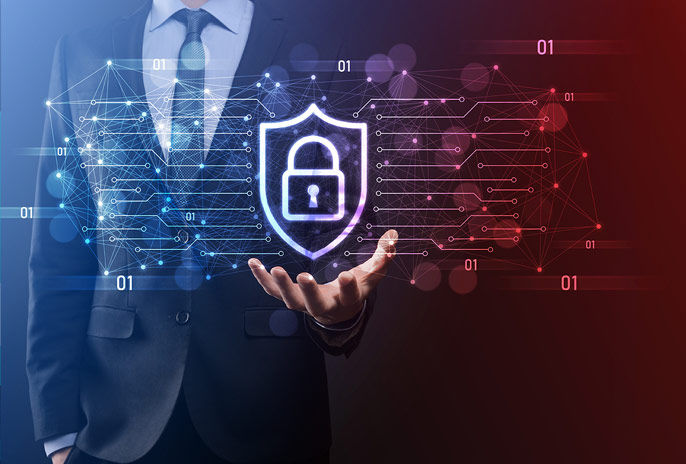As cyber threats grow more sophisticated, the role of IT service and security integrators has never been more critical. In this panel discussion, experts from KDDI Europe explore how integrators can protect businesses from vulnerabilities. They discuss the importance of a proactive, multi-layered defense strategy and the need for businesses to partner with trusted experts to stay secure in today’s complex digital landscape.
Blog The Role of Security and IT Service Integrators Amidst Growing IT Product Vulnerabilities
Experts from KDDI Europe explore the critical role of IT and security service integrators in today’s rapidly evolving digital landscape.
?ts=1728992642374&dpr=off)
1. Meet the Panelists
Moderator: Shintaro (S): Thank you all for joining today's discussion. Let’s start with introductions.
Responsibilities of IT Integrators in Managing Vulnerabilities
S: Today's topic is all about : The Role of Security and IT Service Integrators. Cybersecurity incidents, like the 2017 WannaCry, 2021 Kaseya remote management system, which were caused by vulnerabilities in products provided by IT or security service providers. What do you think as the roles and responsibilities of integrators in these situations?

W: I suppose, in the end, we’re gonna say nothing is 100% secure. Even the best products can have vulnerabilities that aren’t caught. It’s always a possibility. However, as service integrators, we should have plans in place to mitigate these risks.
S: What should integrators be doing to minimise these vulnerabilities?
W: We can’t rely on just one product. There needs to be a multi-layered defence plan so that if one area is attacked, it doesn’t compromise the entire system. For example, regularly updating systems is critical, along with having constant monitoring in place.
S: So, you’re talking about resiliency and defence in depth?
W: Exactly. It’s not just about installing a firewall and thinking you're safe. Keeping systems updated, having monitoring tools, and adopting a multi-layered defence is essential.
K: I agree. Many people are working from home now, and securing their connections is crucial. Strong passwords, VPNs, and real-time monitoring tools help prevent attacks. If there’s a breach, it wastes a lot of time and resources, so we need to be proactive.
What Should Non-Technical Businesses Expect?
S: For businesses that don’t have in-house IT experts, what do non-technical people expect from integrators?
A: I think most people, especially those who aren’t technical, expect integrators to handle everything seamlessly. We just want the assurance that our systems are secure without needing to dive into the details. It’s about peace of mind and knowing that the experts are taking care of it.
K: I agree. Especially for those without in-house IT, they can rely on integrators to offer complete solutions, like XDR(Extended Detection and Response) and MDR(Managed Detection and Response) services, which continuously monitor and help mitigate risks. For example, if Ai (A) runs an accounting company, she’d expect integrators to provide a full strategy covering networks, PCs, and even human error.
S: So, it’s not just about piecing systems together but providing a long-term strategy?
K: Yes, integrators should provide a roadmap for continuously improving security and adapting to new threats.
N: The challenge now lies in the complexity of modern IT environments. Most organizations’ networks involve a mix of on-premises, cloud, and hybrid systems. A firewall alone will not guarantee the security of your network and endpoints. Integrators help organizations assess their network environment and design, offer, and implement comprehensive security solutions that protect against a wide range of network and cyber threats. We integrators handle and carry experience from various industries such as education, healthcare, aviation, manufacturing, government, and more.

K: Also, educating users is very important. It’s not just up to IT teams; every user has a role. Integrators should provide training, guides, and best practices so users understand their responsibilities, like managing passwords and avoiding security risks.
N: Right, and the complexity of today’s environments means we also need to take a proactive approach. Cyberattacks are becoming more sophisticated, and with multiple customers across different industries, we have the experience to understand how to protect diverse networks. This is where integrators play a crucial role—by offering tailored solutions based on the specific needs of each sector.
A: Addinged to that, I think proactive solutions are also important. For me, as I do not have a technical background, I don’t need technical details from IT integrators, but I just want to know that we’re secure. IT integrators should explain risks clearly and offer proactive solutions. I don’t want to wait for a problem to arise.
N: That’s true. IT integrators need to make sure businesses feel safe, even if they’re not technical. A proactive approach is crucial.
W: Yes, people need proactive recommendations and clear guidance. Best practices are important, and if users aren’t following them, there will always be risks.
K: Ultimately, organizations manage vast amounts of data, making it essential to ensure its protection. When data is secure, it builds customer trust - the most valuable asset a business can possess. IT integrators play a vital role in fostering this trust by providing reliable support and expert guidance. However, it's equally important for organizations to choose a reputable IT integrator who can deliver solid solutions tailored to their needs.
S: Thank you everyone for your valuable opinion.
IT service integrators play a vital role in providing proactive strategies, continuous monitoring, and user education. As our panel discussed, a multi-layered defense and expert guidance are key to staying secure in today’s digital landscape. Partnering with trusted integrators helps businesses protect their systems and build customer trust.
The view and opinion expressed by panellist may not reflect the views and opinions of KDDI Europe.
Stay in touch
Join our newsletter for exclusive updates, offers, webinars, and more!
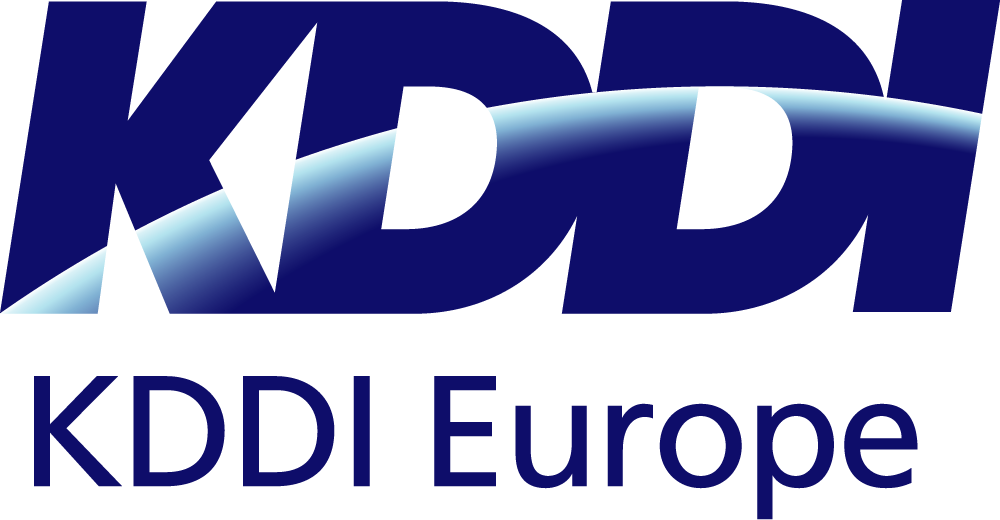





?ts=1729074807172&dpr=off)
